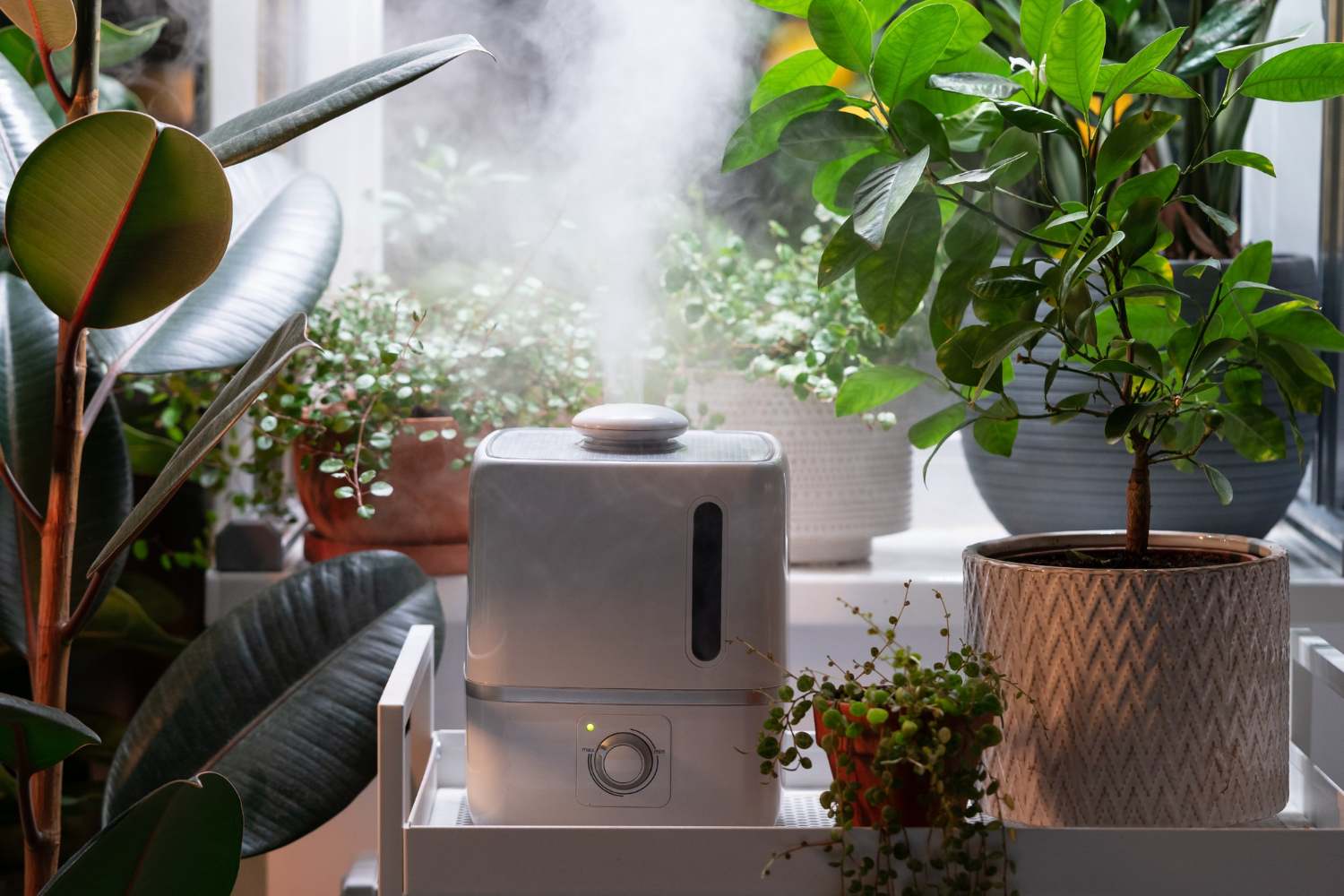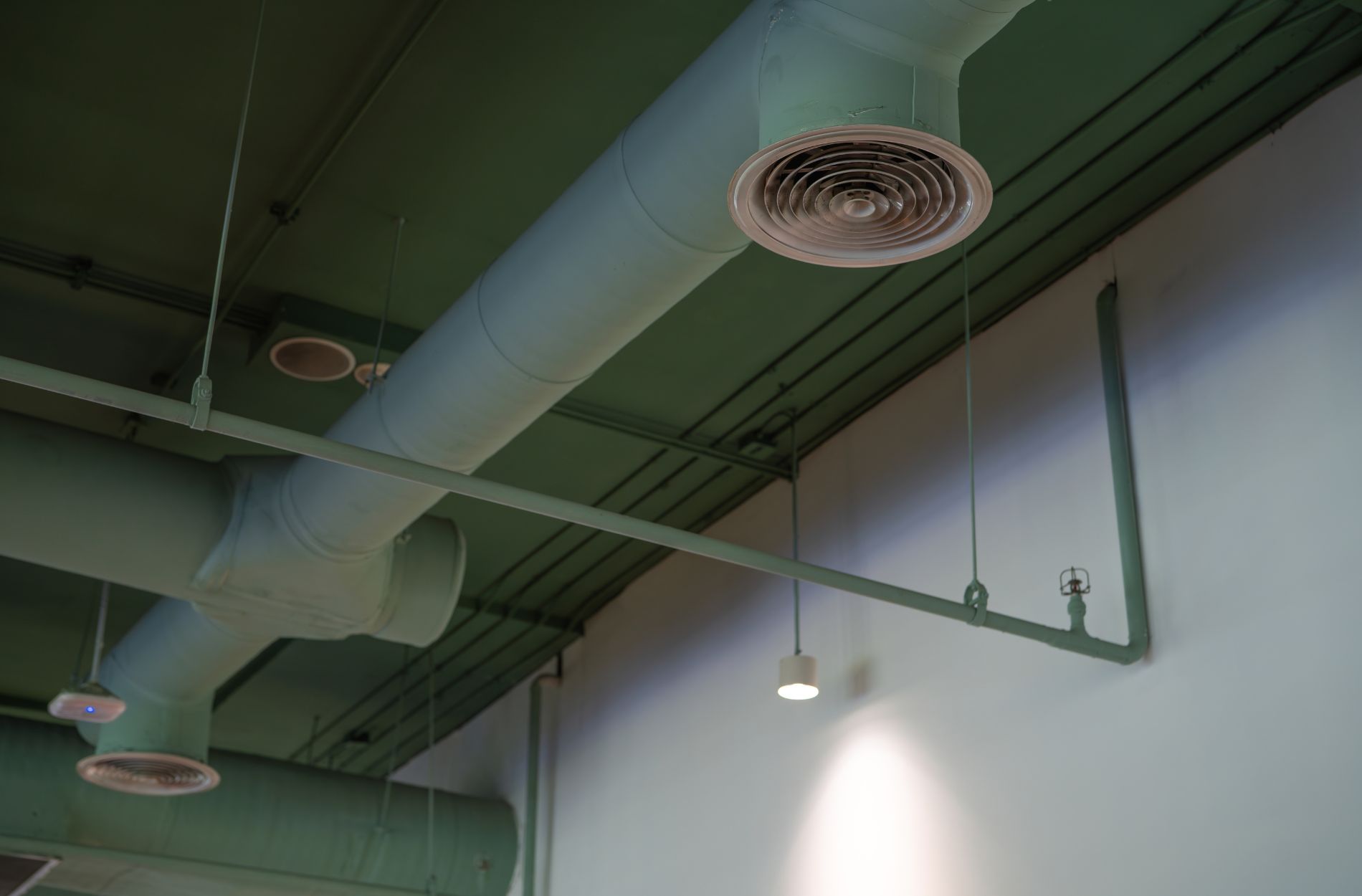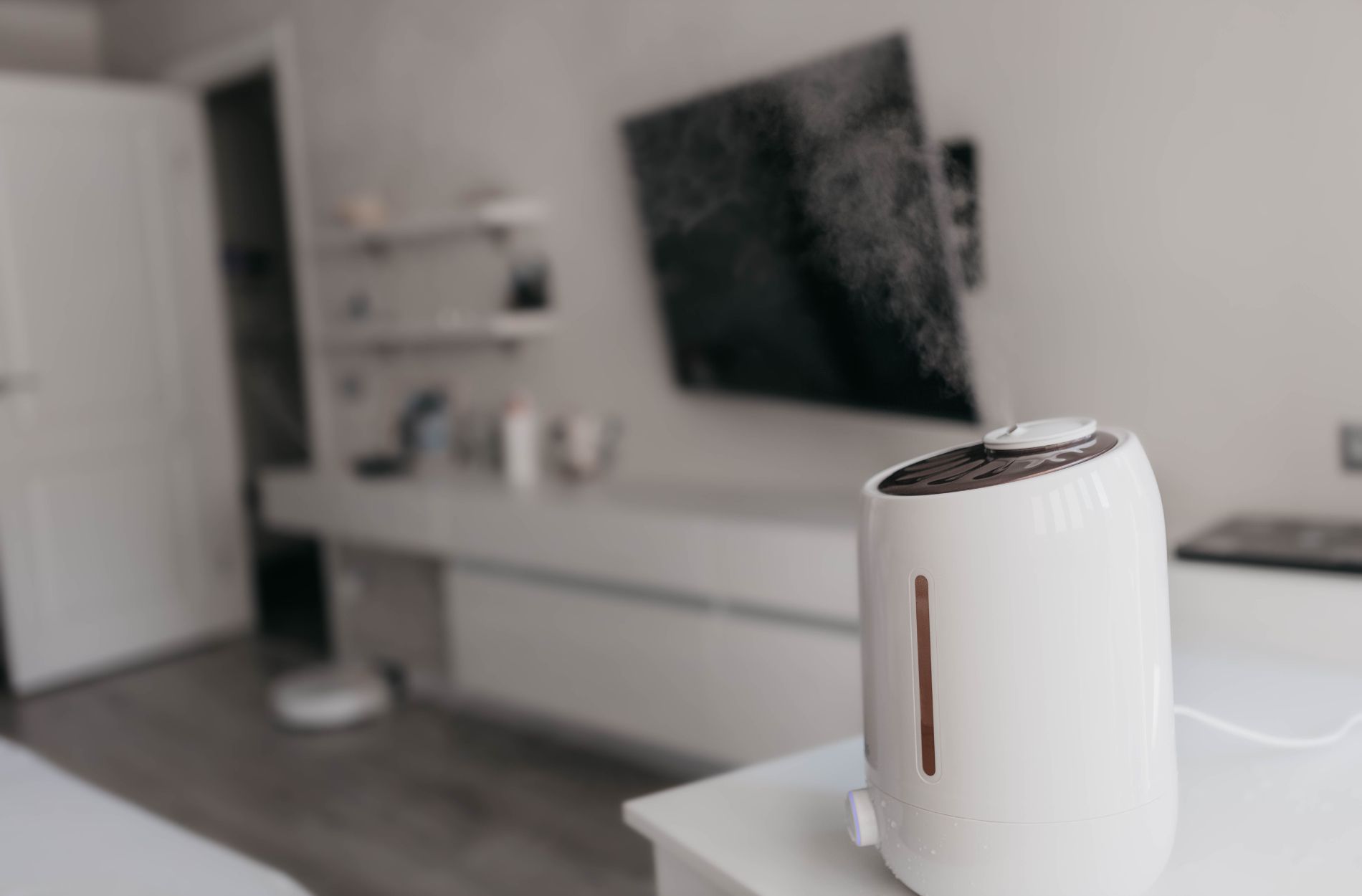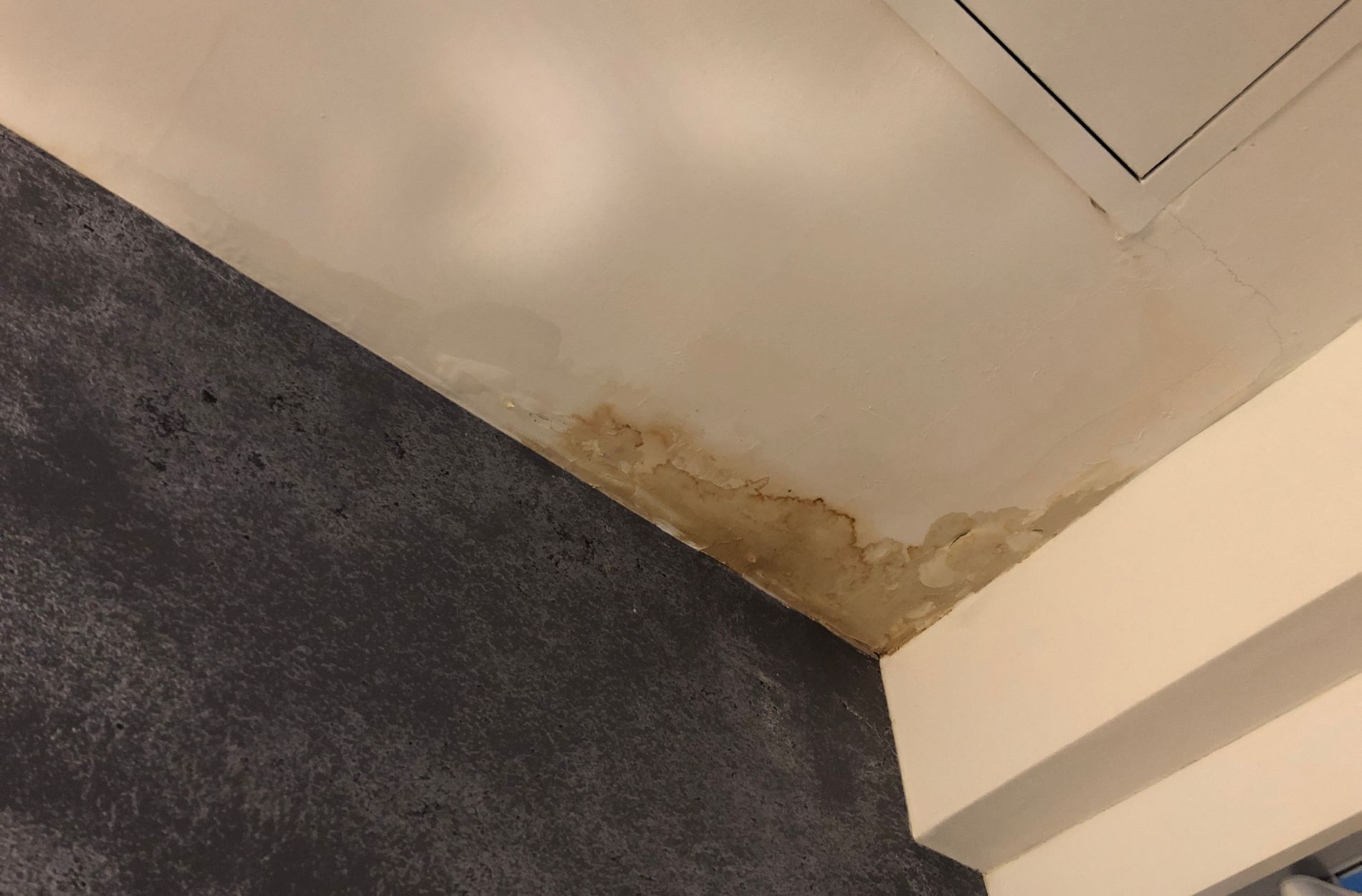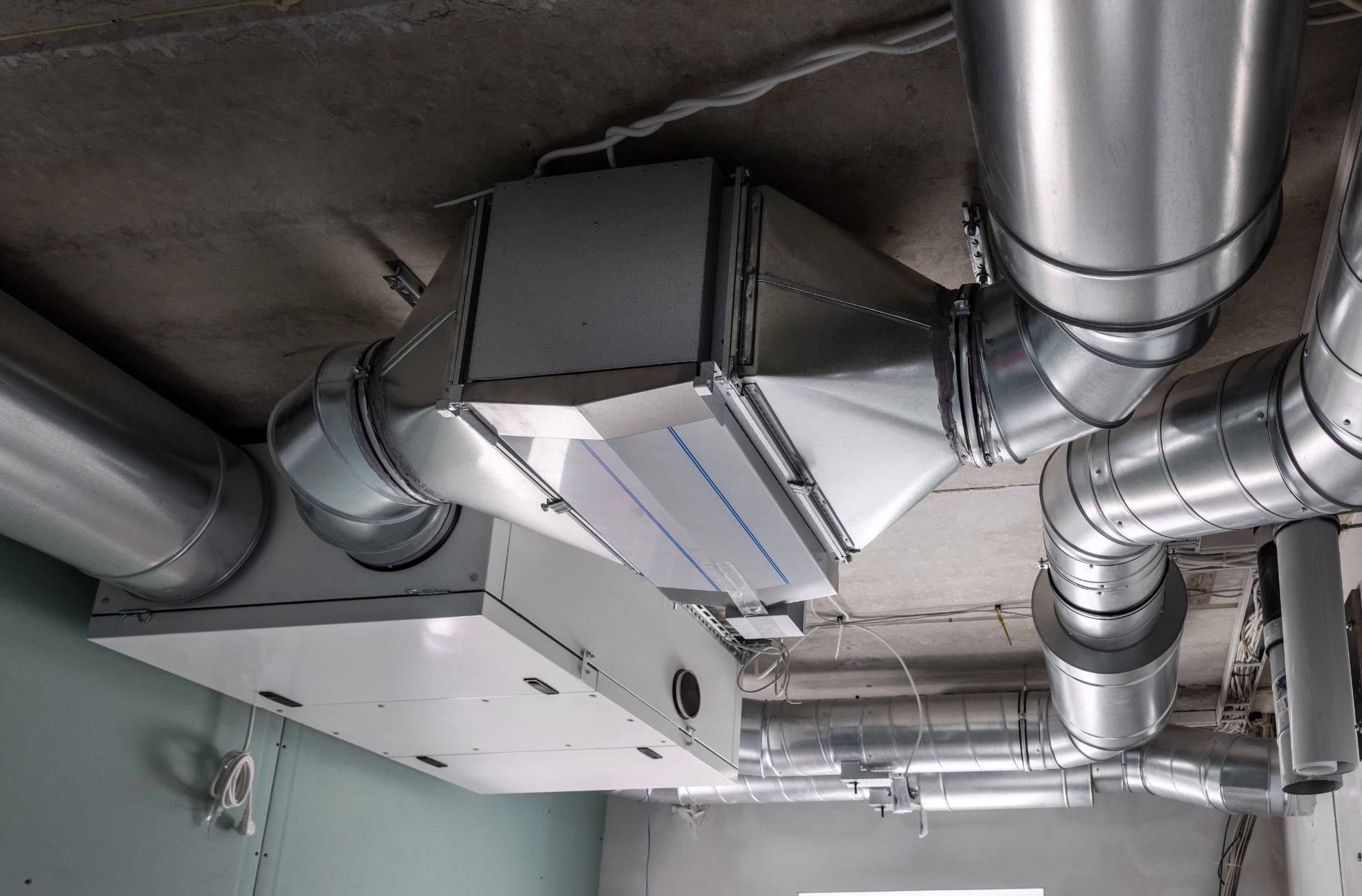Maintaining optimal indoor air quality is essential for a healthy and comfortable home. Poor air quality can lead to various health issues, especially for those with allergies or respiratory conditions. It can also affect the overall ambiance of your living space, making it less enjoyable for your family and guests.
Understanding the Importance of Indoor Air Quality
Indoor air quality is critical to the health and well-being of your family. Poor air quality can cause or worsen respiratory problems, allergies, and other health issues. Contaminants like dust, pollen, mold, and pet dander circulate through your home if the air quality is not properly managed. This can make daily living uncomfortable and even harmful for some individuals.
Good indoor air quality also enhances the comfort of your home. Clean air feels fresher and makes your living spaces more enjoyable. It helps prevent unpleasant odors and reduces the buildup of dust on furniture and surfaces. This creates a more pleasant environment for you and your guests.
Additionally, optimal indoor air quality supports better HVAC system performance. When the air is clean, HVAC systems do not have to work as hard to maintain the desired temperature. This leads to more efficient operation and can prolong the lifespan of your heating and cooling equipment. Improved efficiency also results in lower energy bills, saving you money in the long run.
Key Factors That Influence Indoor Air Quality
Several factors contribute to the quality of the air inside your home. Understanding these factors helps in managing and improving air quality effectively.
1. Ventilation: Proper ventilation is essential for circulating fresh air and removing stale air. Without adequate ventilation, pollutants can build up inside your home. Our professionals often recommend systems that include air exchangers to improve airflow.
2. Humidity Levels: Maintaining the right humidity level is crucial for indoor air quality. High humidity can lead to mold growth, while low humidity can cause respiratory discomfort. Our professionals can install and maintain humidifiers and dehumidifiers to keep humidity levels balanced.
3. Air Filtration: Quality air filters trap dust, pollen, and other particles, preventing them from circulating through your home. Our technicians ensure that your HVAC system uses high-efficiency filters designed to capture even the smallest contaminants.
4. Regular Maintenance: Regular maintenance of your HVAC system is key to ensuring optimal indoor air quality. Our technicians conduct routine checks and cleanings to keep your system in top condition, preventing the buildup of pollutants.
5. Source Control: Reducing or eliminating sources of indoor pollution can significantly improve air quality. This includes using non-toxic cleaning products, minimizing indoor smoking, and maintaining appliances that contribute to air pollution.
How Our HVAC Technicians Improve and Maintain Indoor Air Quality
Our HVAC technicians use several methods to improve and maintain indoor air quality in your home. One key approach is through regular maintenance checks. During these checks, our professionals clean and inspect your HVAC system to ensure it is working correctly. Cleaning the ducts, replacing filters, and checking for leaks are part of this routine. This helps prevent the buildup of dust and allergens that can circulate through your home.
Additionally, our professionals recommend and install high-efficiency air filters. These advanced filters capture smaller particles than standard versions, significantly reducing the number of contaminants in your indoor air. Our technicians also educate homeowners on the importance of changing these filters regularly to keep the air clean and fresh.
Another method involves improving ventilation. Proper airflow can reduce the concentration of pollutants inside your home. Our professionals may suggest and install systems like air exchangers, which bring in fresh air from outside while expelling stale air. This balanced exchange helps maintain optimal indoor air quality.
Finally, our technicians offer solutions for controlling humidity levels. Depending on your home’s needs, we can install humidifiers or dehumidifiers to maintain a balanced humidity level. Proper humidity can prevent mold growth and reduce respiratory issues, contributing to better indoor air quality.
Long-Term Benefits of Optimal Indoor Air Quality for Residential Homes
Maintaining optimal indoor air quality offers several long-term benefits. First, it promotes better health for your family. Clean air reduces the risk of respiratory issues, allergies, and other health problems caused by poor air quality. This is particularly important for children, the elderly, and those with pre-existing health conditions.
Another benefit is improved comfort. Good air quality makes your home more pleasant to live in. Fresh, clean air prevents the buildup of dust and odors, making your space more inviting and enjoyable for you and your guests.
Better indoor air quality also leads to improved HVAC system performance. When your system operates in a cleaner environment, it doesn’t have to work as hard to maintain the desired temperature. This enhances efficiency and can extend the life of your equipment, saving you money on repairs and replacements.
Additionally, maintaining optimal air quality can boost your home’s value. Potential buyers are increasingly concerned about indoor air quality and energy efficiency. A home with a well-maintained HVAC system and good air quality can be more attractive to buyers, potentially increasing its market value.
Conclusion
Achieving and maintaining optimal indoor air quality is essential for a healthy and comfortable home environment. Our HVAC technicians at Home Energy Group Inc are dedicated to ensuring that the air inside your home is clean and safe. From regular maintenance checks to installing high-efficiency filters and improving ventilation, our professionals have the expertise and tools to enhance your indoor air quality.
If you’re looking for a reliable HVAC contractor in Vancouver, WA that prioritize your home’s air quality, contact Home Energy Group Inc today. Let our experienced technicians take care of your HVAC needs, ensuring a healthier and more comfortable living environment for you and your family!


